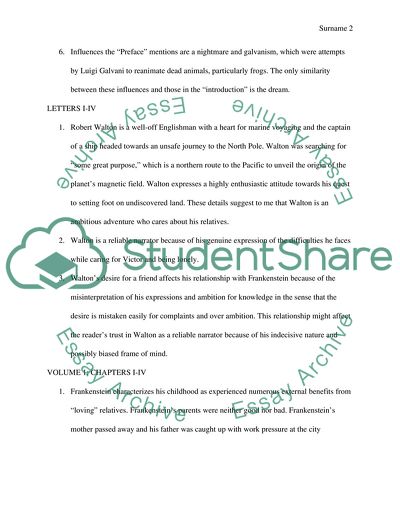Cite this document
(Autobiographical Main Character Traits in Mary Shelleys Frankenstein Coursework, n.d.)
Autobiographical Main Character Traits in Mary Shelleys Frankenstein Coursework. Retrieved from https://studentshare.org/literature/1878081-read1
Autobiographical Main Character Traits in Mary Shelleys Frankenstein Coursework. Retrieved from https://studentshare.org/literature/1878081-read1
(Autobiographical Main Character Traits in Mary Shelleys Frankenstein Coursework)
Autobiographical Main Character Traits in Mary Shelleys Frankenstein Coursework. https://studentshare.org/literature/1878081-read1.
Autobiographical Main Character Traits in Mary Shelleys Frankenstein Coursework. https://studentshare.org/literature/1878081-read1.
“Autobiographical Main Character Traits in Mary Shelleys Frankenstein Coursework”, n.d. https://studentshare.org/literature/1878081-read1.


